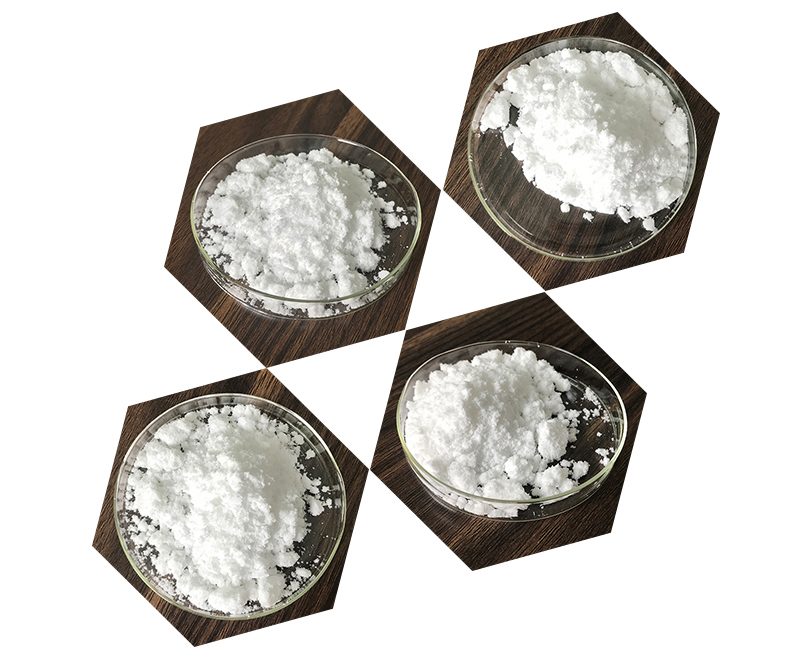Vitamin U, though not technically a “vitamin” in the traditional sense, refers to a compound known as S-methylmethionine (SMM). It’s a sulfur-containing compound that’s found in foods like cabbage, kale, and other cruciferous vegetables. Here’s what research suggests about its potential benefits for the digestive system:
- Stomach Ulcer Relief: Vitamin U has historically been associated with helping to heal stomach ulcers. It may support the healing process by promoting the regeneration of the stomach lining and reducing the damage caused by stomach acids.
- Anti-inflammatory Properties: Some studies have suggested that Vitamin U may help reduce inflammation in the stomach and intestines, which could be beneficial for conditions like gastritis, acid reflux, or inflammatory bowel diseases (IBD) like Crohn’s disease and ulcerative colitis.
- Promotes Healthy Digestion: By helping to maintain the integrity of the stomach lining, Vitamin U may also play a role in ensuring that food moves through the digestive tract more efficiently.
- Supports Liver Health: Though it’s not directly related to digestion, a healthy liver is essential for digestion. Vitamin U is sometimes credited with supporting liver function, helping it detoxify the body more effectively.

While Vitamin U has some promising potential benefits for digestion, more research is needed to fully understand its mechanisms and efficacy in humans. Eating a diet rich in the foods that contain Vitamin U (like cabbage, spinach, and other leafy greens) is generally considered good for overall digestive health.
Are you thinking of trying out any of these foods for digestion, or are you specifically interested in improving your digestive health?
Does Vitamin U have Antioxidant or Anti-Inflammatory properties?
Vitamin U, also known as S-methylmethionine (SMM), is a compound that’s found in foods like cabbage, lettuce, and other cruciferous vegetables. It’s not technically a vitamin in the traditional sense, but it does have some interesting health benefits. While research on Vitamin U is limited, there is some evidence to suggest it has anti-inflammatory and antioxidant properties.
Anti-inflammatory Effects:
Vitamin U has been studied for its potential ability to reduce inflammation, especially in the digestive system. Some early research and traditional use suggest it may help with conditions like ulcers and gastritis, possibly by promoting healing in the stomach lining and reducing inflammation in the gut.

Antioxidant Effects:
Vitamin U may also have antioxidant properties, which means it can help neutralize harmful free radicals in the body. This could help protect cells from oxidative stress, potentially reducing the risk of chronic diseases and supporting overall health. However, this is an area that requires more research for definitive conclusions.
Overall, while Vitamin U seems to have some beneficial effects in terms of inflammation and oxidative stress, it’s not as well studied or understood as some other nutrients with similar benefits (like Vitamin C or E).
